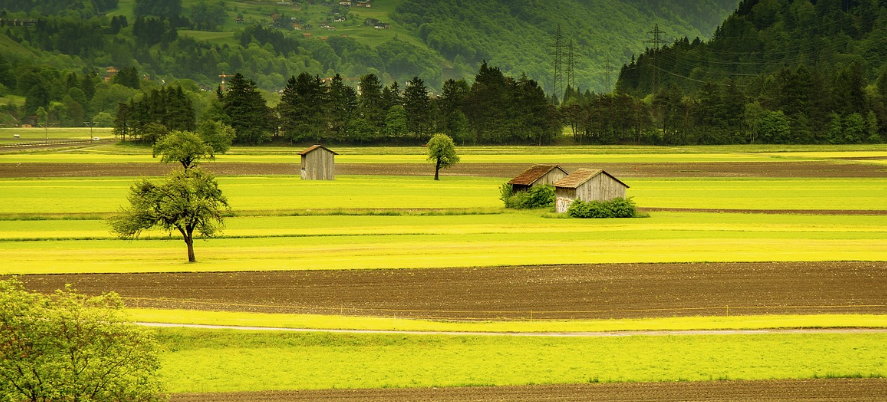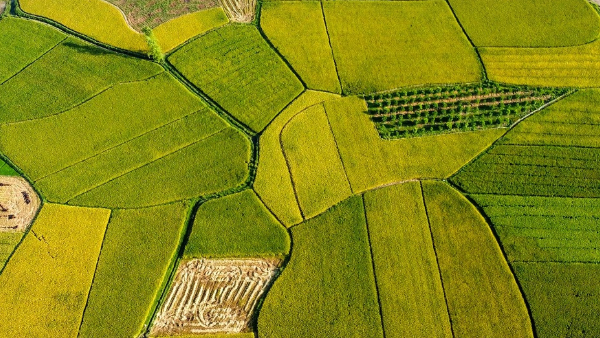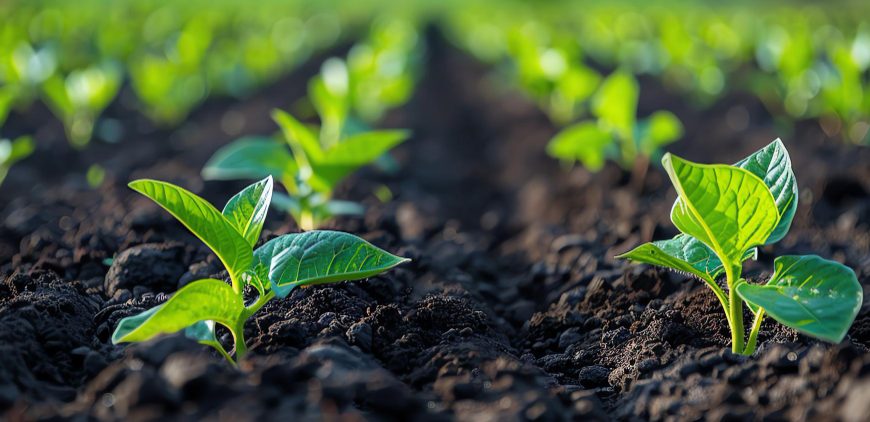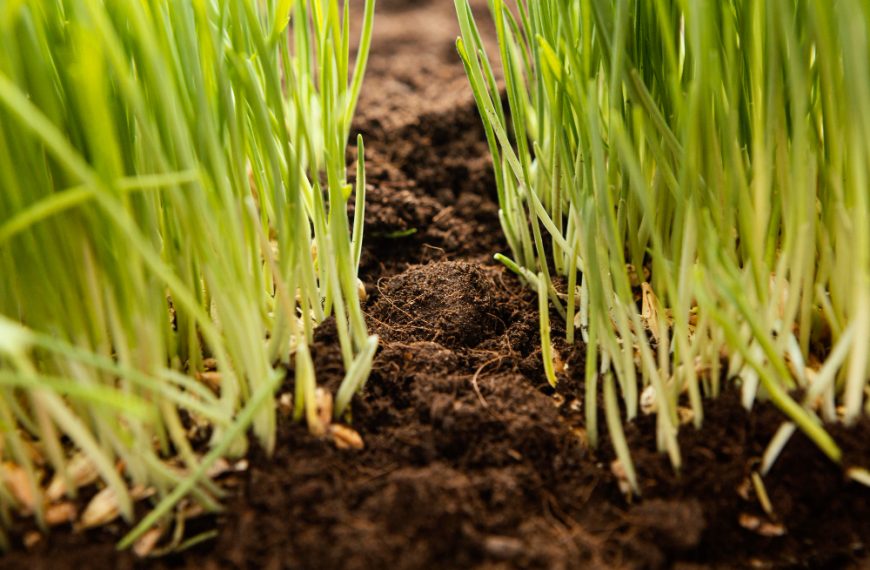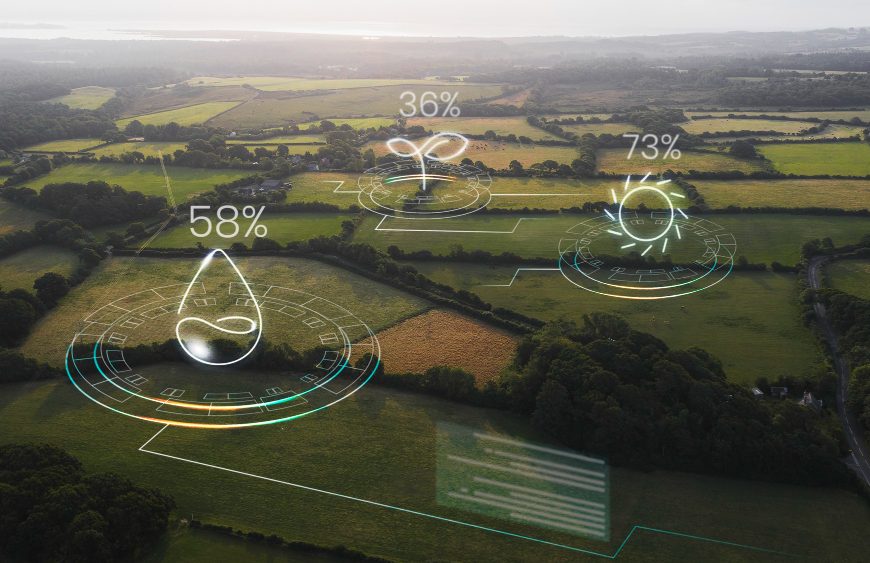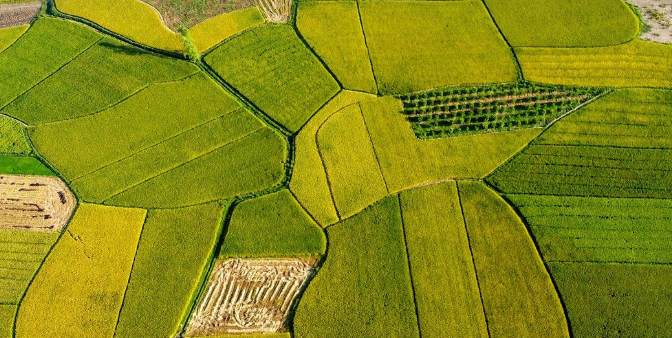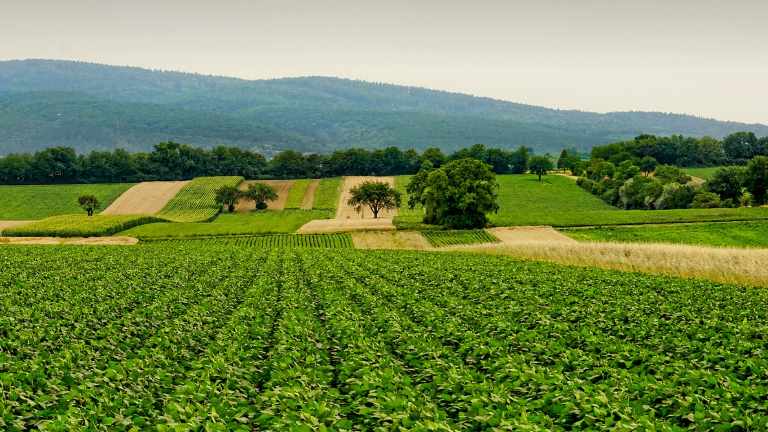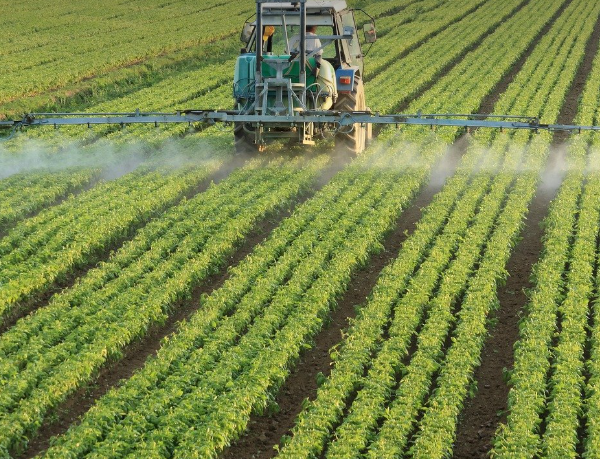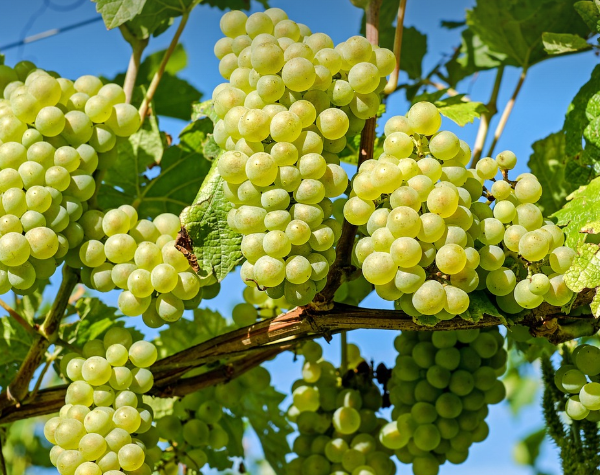
Blog & Article
TRENDING
Top 10 Global Markets for Carbon Offsets
The global carbon offset market has witnessed a significant uptick in…
The Carbon Sequestration Benefits of Agroecology
Agroecology, as a sustainable farming approach, offers significant benefits in enhancing…
Restoring Soil Fertility: How Regenerative Practices Increase…
Soil health plays a crucial role in the retention of carbon…
The Future of Carbon Trading: What Farmers…
Many farmers encounter difficulties in navigating the complexities of carbon trading…
The Global Impact of Regenerative Agriculture
Regenerative agriculture offers a range of benefits that extend beyond individual…
Exploring Carbon Farming Policies Around the World
Carbon farming policies are designed to incentivize agricultural practices that sequester…
FEATURED POST
Understanding Carbon Footprints in Agriculture
A carbon footprint in agriculture refers to the amount of greenhouse gas emissions produced through various farming practices and processes. These emissions primarily come from the use of fossil fuels in machinery, livestock digestion processes, fertilizer production, and land use changes. The carbon footprint of agriculture also encompasses indirect emissions related to transportation, processing, and […]
The Intersection of Precision Agriculture and Carbon…
Precision agriculture is a modern farming approach that leverages technology to optimize crop yields while minimizing inputs such as water, fertilizers, and…
A Beginner’s Guide to Regenerative Agroforestry
Regenerative agroforestry is an innovative and sustainable farming practice that combines trees and agricultural crops or livestock on the same piece of…
Can No-Till Farming Increase Carbon Sequestration?
Carbon sequestration in agriculture plays a crucial role in mitigating the impacts of climate change by capturing and storing carbon dioxide from…
The Role of Pollinators in Regenerative Agriculture
Pollinators play a crucial role in regenerative agriculture by facilitating the reproduction of flowering plants, including many crops essential for human consumption.…
